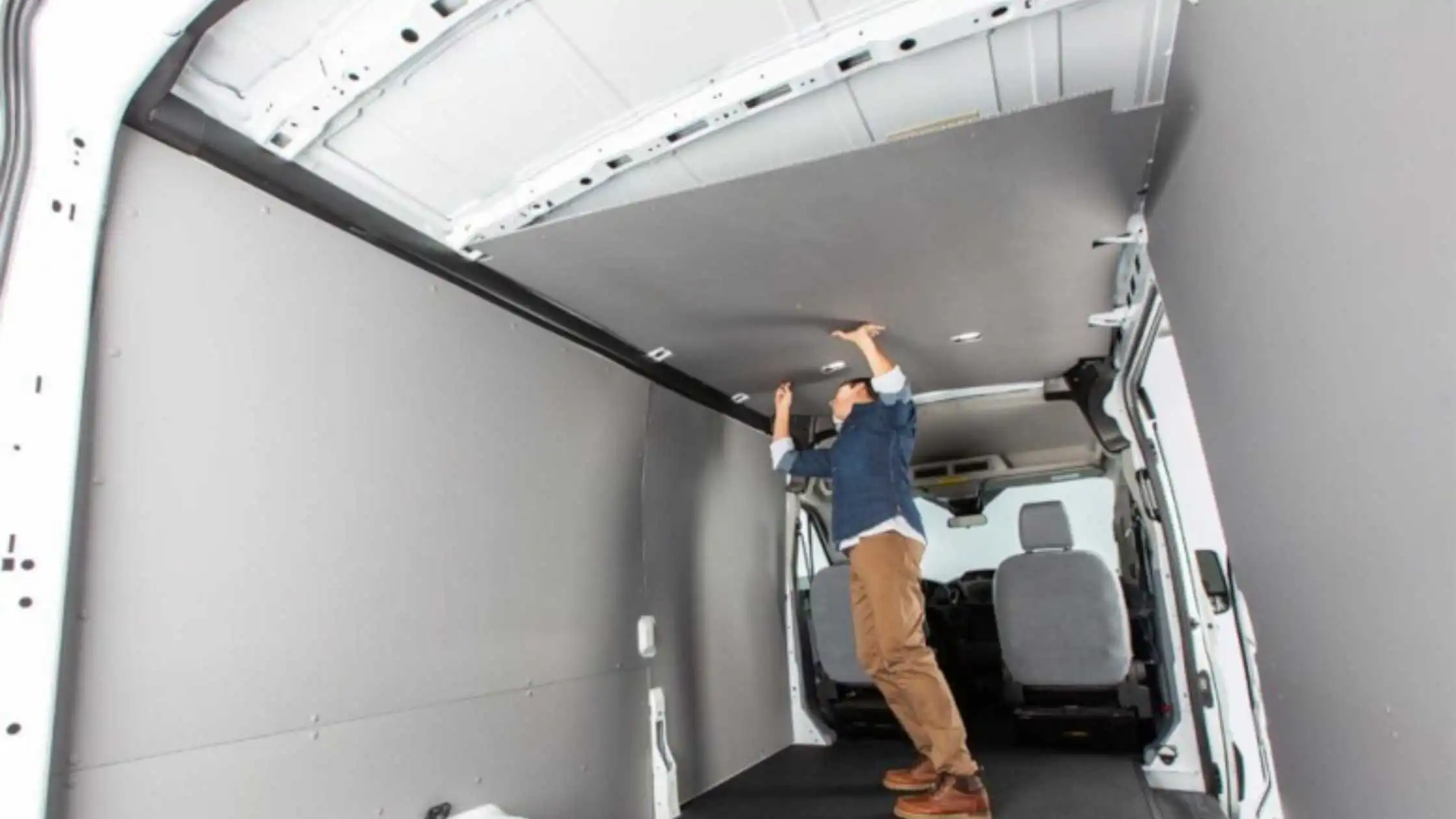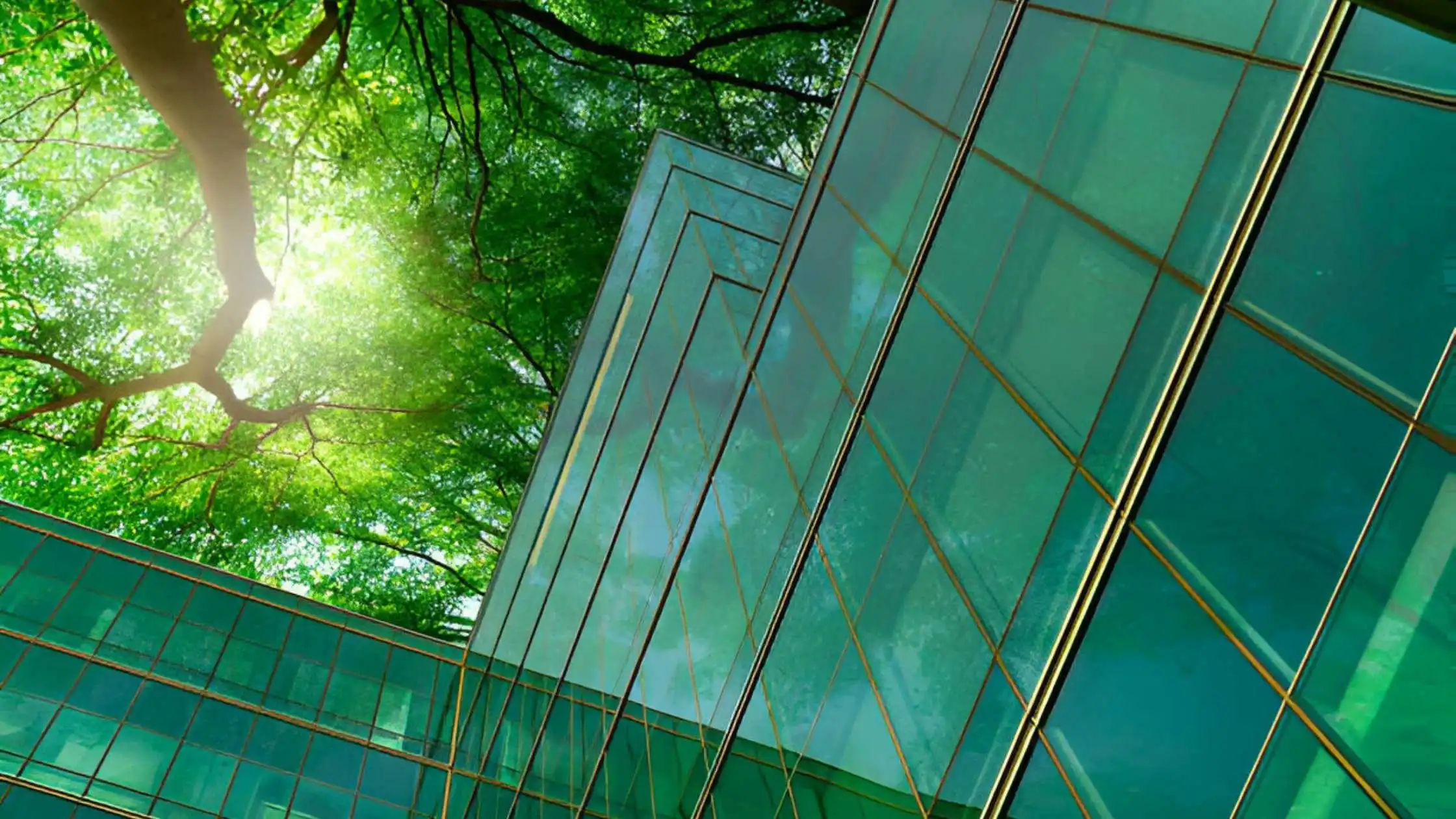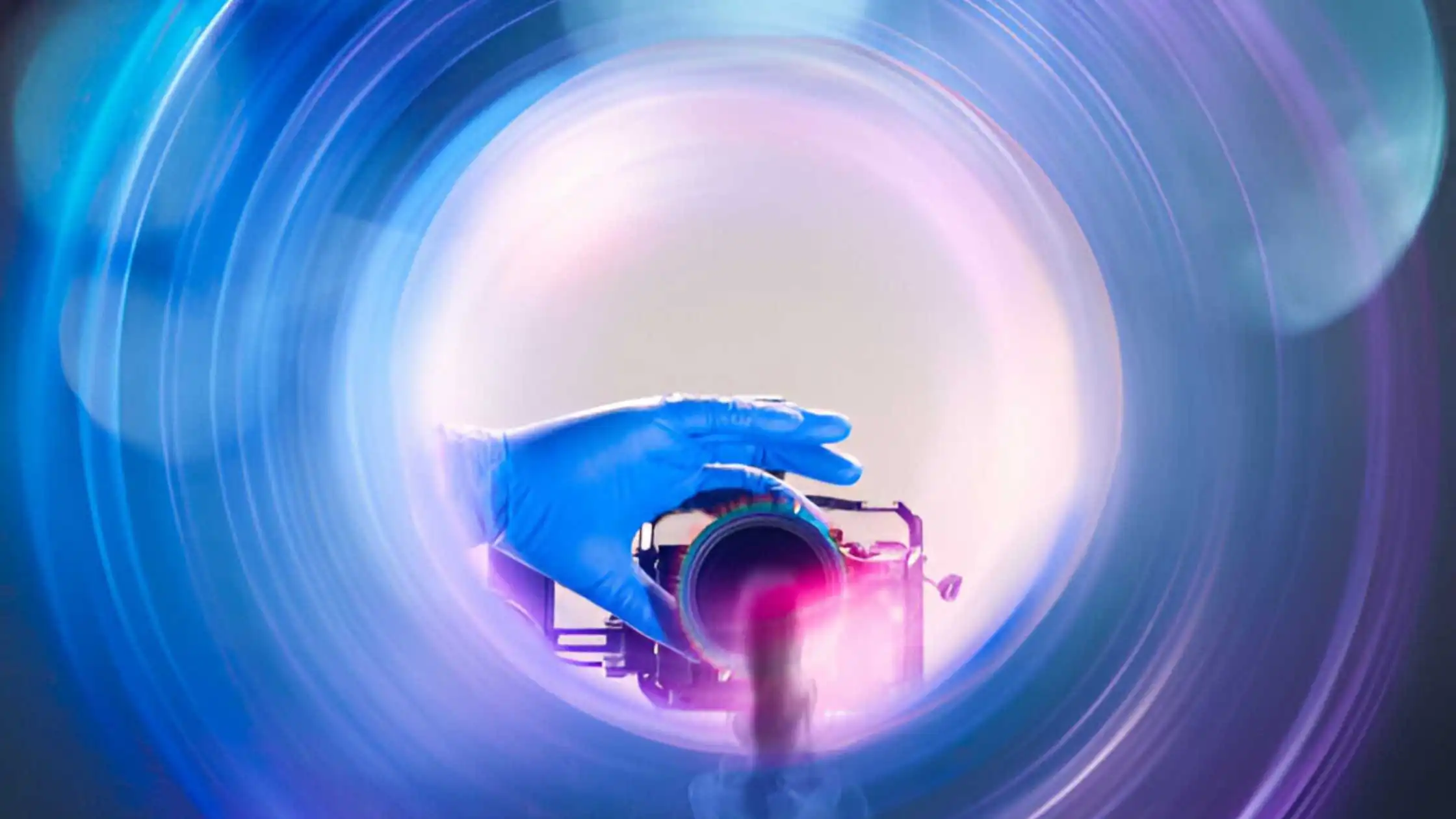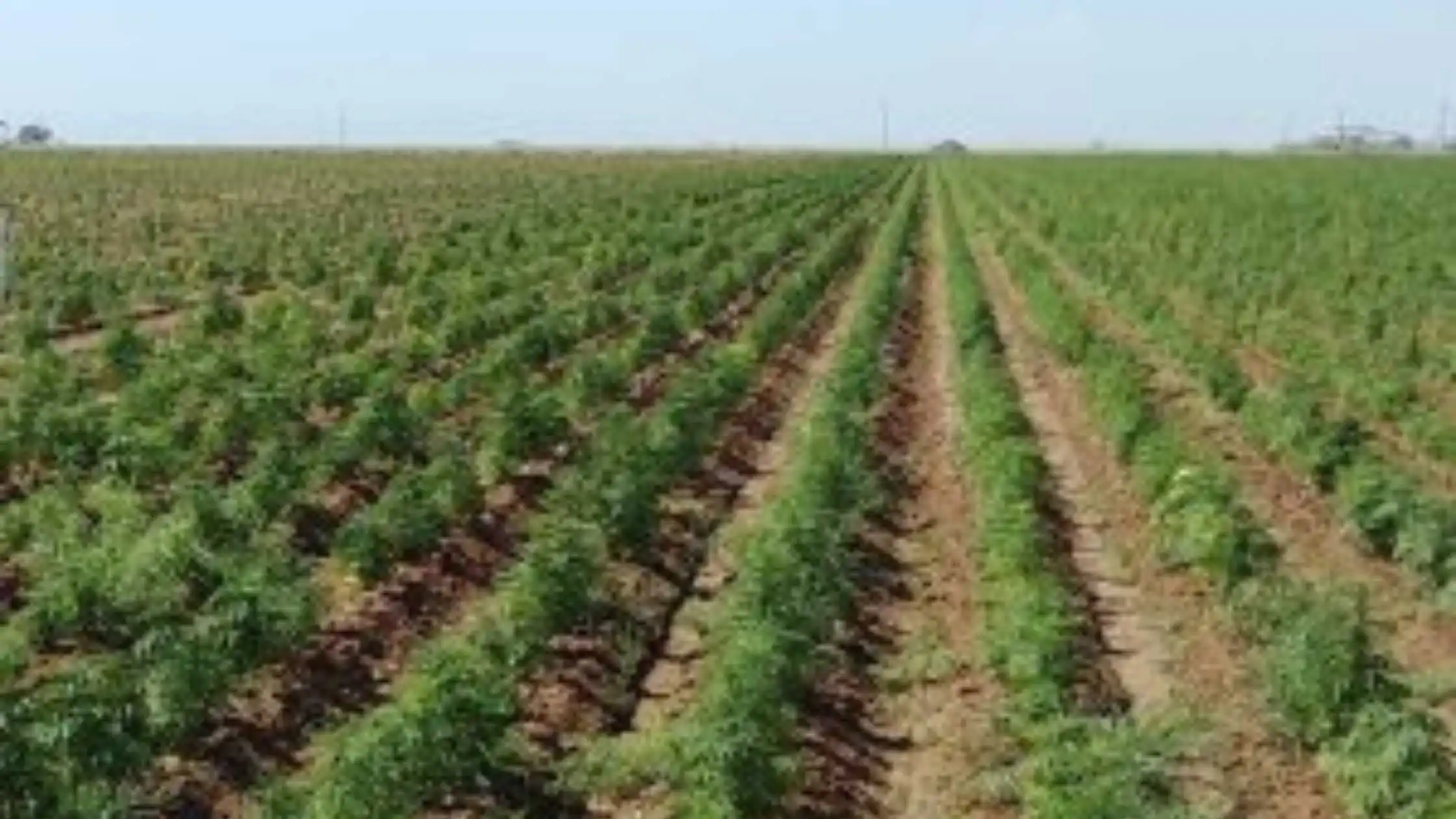The Canadian province of Alberta is moving fast to develop infrastructure to support the dual-cropping of hemp grain and fiber through ambitious initiatives that look to expand the output of raw materials amid projections that hemp farming and processing will grow exponentially in the coming years.
Canada’s top hemp producer, Alberta turns out roughly 40% of the country’s total output from an estimated 40,000 acres grown in the province. Those fields could reach a million acres within five years, the Alberta Hemp Alliance has predicted, providing potentially massive amounts of waste hemp stalks from local grain farmers.
“By purchasing hemp directly from Alberta’s farmers and processing it here in the province, these projects will mitigate production risks for producers and create new value-added hemp products that will help grow Alberta’s thriving hemp industry,” Marie-Claude Bibeau, the federal government’s Minister of Agriculture and Agri-Food, said following the recent announcement of a total CAD 900,000 (US $720,000/€708,000) in grants earmarked for two Alberta-based hemp companies.
Planned investments
INCA Renewable Technology is to receive CAD 400,000 (US $315,000/€291,000) the company said will go into a planned CAD 72 million (US $56.6 million/€52.5 million) hemp fiber processing and composites factory while Blue Sky Hemp Ventures was tapped to receive CAD 500,000 (US $393,000/€364,000) to advance a proposed CAD 75 million (US $59 million/€54.6 million) hemp seed processing facility. Alberta and Canada’s federal government partnered in the grant awards.
Both projects are funded through the Emerging Opportunities program under the Canadian Agricultural Partnership (CAP), which supports strategic initiatives that contribute to economic development and job creation in Alberta.
“Alberta’s welcoming business climate and hemp supercluster continue to position the province as a destination of choice for new and exciting investment opportunities as this industry continues to take root,” said Doug Schweitzer, Alberta’s Minister of Jobs, Economy and Innovation.
INCA, which is headquartered in Kelowna, British Columbia, said its project, planned for Vegreville, Alberta, is designed to increase the production of refined short and long fibers to substitute scarce balsa wood in boats, wind turbine blades, and parts for the automotive and rail industries. The INCA factory is expected to be operational in early 2024.
Blue Sky’s new venture in Alberta will allow the Saskatoon, Saskatchewan-based company to scale up production of its range of seed-based raw materials.
54,000 tons of biomass
INCA, which makes bioplastics, bio panels, composites made from “pre-impregnated” fibers and “bio-balsa,” is developing its 200,000-square-foot facility adjacent to InnoTech Alberta, where the provincial government has a research facility for hemp composites, genomics and agronomics.
“When ramped to capacity, INCA’s operation will purchase 54,000 tons of biomass per year generated from farmers growing hemp for plant-based protein,” said David Saltman, the company’s chairman and CEO.
INCA said it targeted Alberta for operations in part due to the province’s track record of investments in hemp through the last two decades, and its goal to develop a hemp “supercluster” and expand research. Invest Alberta Corporation, a government entity that supports development in the province, is connecting the company to potential investors, strategic partners, and grant sources.
Jackie Armstrong-Homeniuk, a legislative assembly member for Fort Saskatchewan-Vegreville, Alberta, said the planned INCA facility is a signal that the region continues to develop as a hub for North America’s hemp industry.
For boats and turbines
INCA’s Bio-Balsa has applications in wind turbines. (Image: INCA)
Hemp hurd turned out by the company will be transformed into its BioBalsa-branded material, a substitute for balsa wood used as material in boats and wind turbine blades.
According to INCA, the demand for balsa wood, particularly for wind turbine blades, has led to deforestation in Ecuador where it is a native species. Plantations now account for 60% of supply but quality is falling, prices are rising and manufacturers are seeking viable, sustainable alternatives, the company said.
INCA said an independent lifecycle report by analysts GreenStep Solutions, Kelowna, showed the company’s hemp-based product is far more sustainable than conventional balsa wood, massively cuts greenhouse emissions, and reduces waste and water consumption.
INCA’s bast fibers are destined for a planned factory in Indiana, where they will go into bioplastics products for the automotive industry and bio-panels for recreational vehicles (RVs), according to the company.
INCA is working with commercial partner Toyota to develop a master plan for Vehicle Life Cycle Management and the manufacturing of sustainable automotive parts based on existing models the carmaker sells in Europe.
Fiber & resin panels
The company also said it is developing a panel made from a blend of hemp fiber and resin that can be produced in various thicknesses up to 45 feet in length for seamless RV sidewalls and unibody construction of truck trailers. That initiative is in partnership with Minnesota-based RV maker Winnebago and Genesis Products, an Indiana company that makes laminated panels.
Blue Sky said its new facility will be the first large-scale hemp seed processing facility in Alberta, with the capacity to process up to 35,000 tons of grain for cold-pressed hemp oil used in cosmetics and food while also boosting the production of hemp protein concentrate from the resulting meal. The facility is projected to create up to CAD 45 million (US $35.5 million/€32.8 million) in annual farm revenue for hemp grain growers.
Maximizing value to farmers
“Together, with INCA, we look forward to maximizing the value to farmers by utilizing the whole hemp crop while producing healthy food ingredients and sustainable industrial products,” said Andrew Potter, Blue Sky’s CEO
INCA said it expects to employ 70 workers when the facility goes online, scaling to about 100 jobs by 2026. Blue Sky’s factory expects to employ 90.
CAP, the funding agency for the two projects, is a five-year, CAD 3 billion (US $2.4 billion/€2.2 billion) commitment by Canada’s federal, provincial, and territorial governments that supports the agriculture, agri-food and agri-products sectors under a 60/40 cost-sharing arrangement. The agency has committed an investment of up to CAD 406 million (US $319 million/€296 million) over five years towards strategic programs and services that meet national objectives and are tailored to development priorities in Alberta.
Another company, Canadian Rockies Hemp Corporation (CRHC), said in February it is now on a two-year track to develop a fiber processing facility in Bruderheim, Alberta following a six-month delay. The company recently closed a CAD 5.5 million (US $4.3 million/€4.1 million) investment for its factory designed to take the lignans and glues out of hemp fiber for textile production.
Growing demand
CRHC contracted about 25 single-purpose growers who farmed about 5,000 acres of fiber hemp in 2021, fields the company hopes to triple this year.
“We’ve seen a really big demand in manufacturers looking for hemp raw materials, because they are becoming available in North America,” said Aaron Barr, CRHC’s CEO. “We’re able to take away from other industries because they’ve been having supply chain issues as well, and price points have all been increased.”
Alberta’s hemp industry is also being advanced by InnoTech Alberta, which operates one of the most advanced testing operations for fiber processing in North America at its center in Vegreville. A subsidiary of Alberta Innovates, a government agency that advances innovation in the province, InnoTech Alberta is researching hemp plant breeding and processing, and product development based on the hemp stalk at a facility that allows companies to test their equipment and ideas.
Disclaimer: https://hemptoday.net/canadas-alberta-province-pushes-dual-cropping-for-fiber-and-grain





